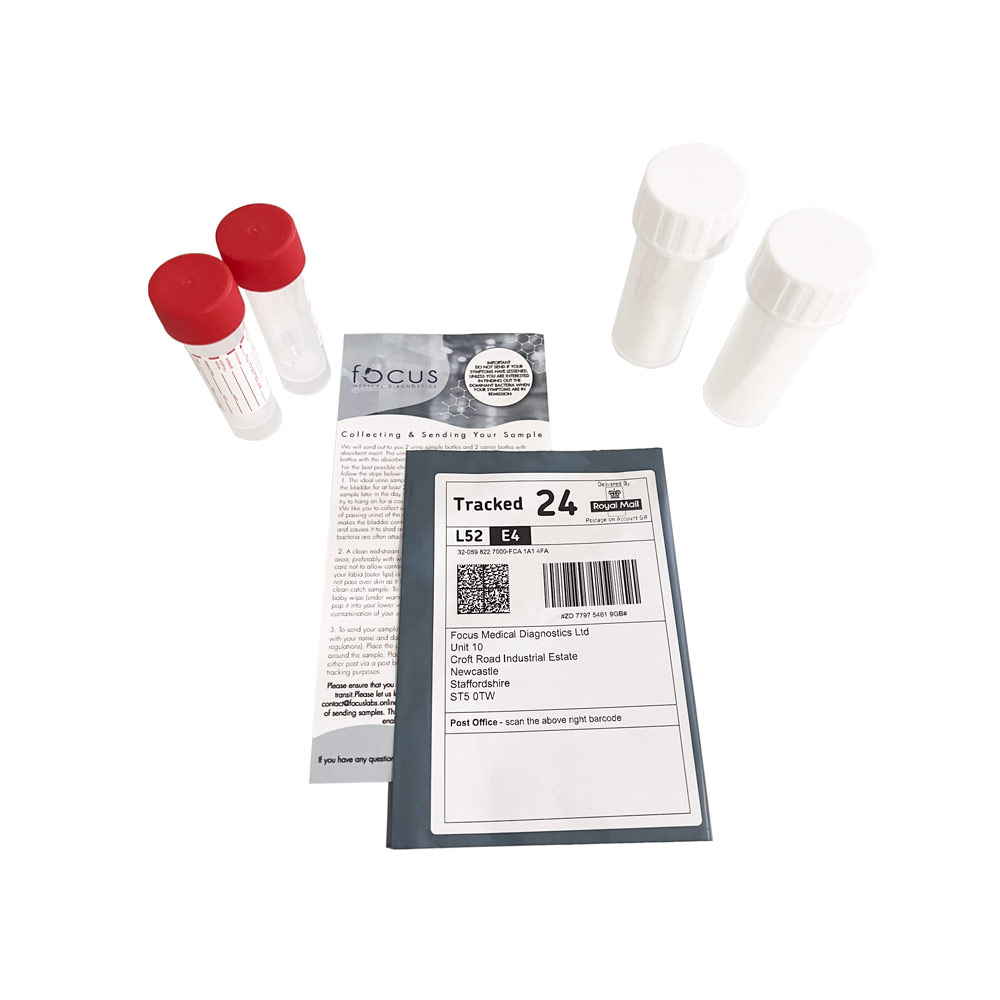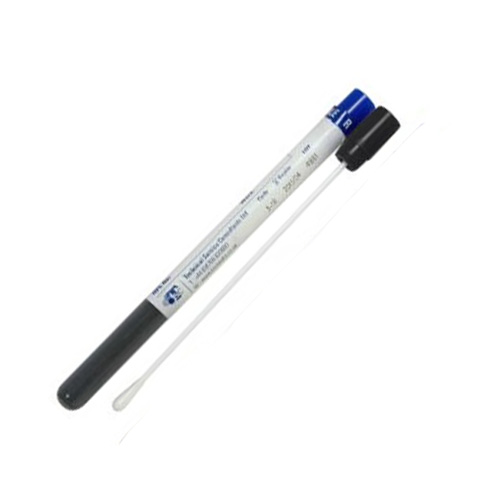Testing for Bacterial Vaginosis
Our test kits include a genital swab, a urine sample kit, or both. Your sample will analysed to detect the pathogens (bad microbes) which could be causing your symptoms and make appropriate recommendations which respect to treatment regimes.




